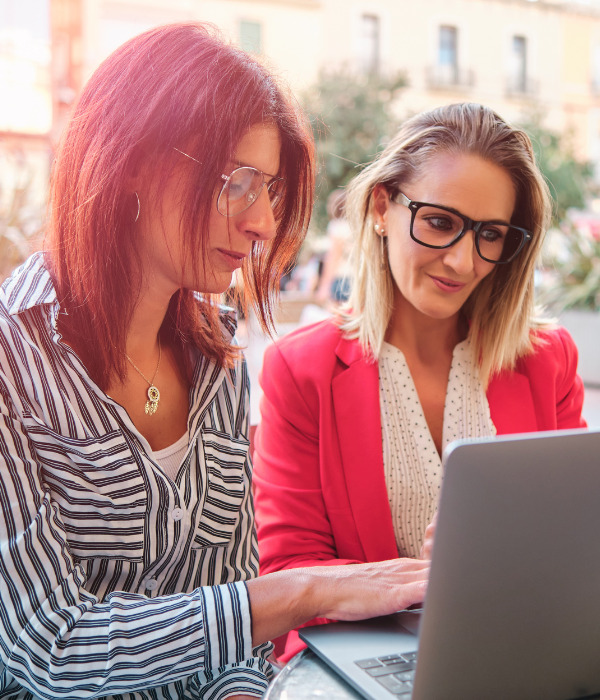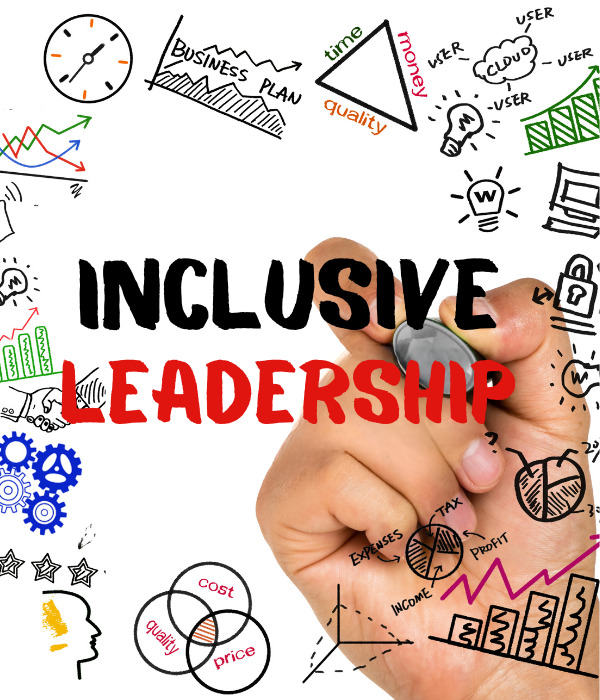On-site day
You can choose from four workshops, one in the morning and one in the afternoon. The all-inclusive package also includes a conducted networking activity, as well as lunch and an apéritif at the end of the day.
MONDAY, 11TH SEPTEMBER

New Work and the legal framework – a contradiction?
Prof. Dr. Isabelle Wildhaber | 9:45 -10:15 | German
To what extent does the legal framework restrict New Work? What must be legally observed when implementing and doing New Work? What misconceptions exist regarding New Work ?
This session will ask to what extent new forms of working in the form of New Work are at all possible under Swiss law. We will critically question whether New Work goes beyond the framework of Swiss labour law and the Swiss Labour Code. In particular, the flexibilization of working time and place of work know strict limits. Not everything that is possible is allowed.

BETTY BUSINESS
Betty Business | 13:30 -14:15 | Deutsch
Betty Business is a drag artist, loves beautiful PowerPoint presentations and has set herself the goal of bringing more glitter and pink into the business world. She graduated from the University of St.Gallen with a Bachelor in Business Administration and a Master in Business Innovation. During her studies, she explored gender studies and analysed a queer community in her master’s thesis. Betty Business works as a consultant in a management consultancy and runs various side businesses … among other activities, she also performs in bars and nightclubs with her pink Powerpoint slides.
wORKSHOPS

#WeForShe (and Beyond!): Allyship in the New World of Work
Prof. Dr. Jamie Gloor, Eugenia Bajet Mestre | 10:30 – 12:00 & 14:30 – 16:00 | English
Microaggressions are subtle but harmful behaviors that invalidate and exclude historically underrepresented employees (e.g., women, mature workers, racial/ethnic minorities, immigrants, etc.). In this evidence-based, interactive workshop, you will learn how to name, claim, and reframe microaggressions at work.
Understanding how to identify and interrupt microaggressions are critical skills to become better allies and support our colleagues. After all, we need “all hands on deck” to dismantle workplace inequalities that harm all of us—even bystanders.
Together, we will explore how to engage in and encourage allyship in our organizations; we will also practice to overcome the “bystander syndrome” in our daily interactions. In this way, we can work towards a work life in which all of our best talents share similar social experiences and career opportunities—today and tomorrow.

New Work: Between successes and persistence for equality
Annika Koller, Josef Kruckenberg, Dr. Gabriele Schambach | 10:30 – 12:00 & 14:30 – 16:00 | German
New Work, self-organisation and without rigid hierarchies are our hopes for more equality – after all, structural rigidities in companies are being thrown overboard. Which hopes have been fulfilled? Which are often disappointed? Which disadvantaging aspects are further going on? What aspects can “old work” companies take away?
Annika Koller and Josef Kruckenberg have been working in companies with Holocracy framework for many years and they are committed to diversity and inclusion. Dr Gabriele Schambach has been accompanying companies on their way to gender equality and diversity for year, e.g. with “Leaders for Equality”. The three of them give an insight into the opportunities that “New Work” organisations without rigid hierarchies and with flexible role offer for equality. And they show why not everything shines as brightly as it seems at first. Homogeneous employee structures, traditional understandings of leadership and social positioning do not stop at “new work” companies. What exactly does this mean for gender equality work? And what can be learned for the necessary cultural change? We can look forward to the results!

Workshop Jobsharing & Topsharing – a working model for the future
Stephanie Briner, Nicole Niedermann, Karin Ricklin-Etter | 10:30 – 12:00 & 14:30 – 16:00 | German
Jobsharing – a frequently discussed working model. But what exactly is meant by jobsharing or topsharing? What about specific facts and figures? What are the benefits for companies? What are the opportunities for employees? What disadvantages and risks must be expected? What are the requirements for jobsharing to succeed? We will discuss these and more questions and refer to practical examples.

Inclusive leadership in modern environments – a practice workshop
Prof. Dr. Stephan Alexander Böhm, Nicola Glumann | 10:30 – 12:00 & 14:30 – 16:00 | German
Increasing flexibility and diversity are two central trends in today’s working world. For example, many people have a strong desire to work flexibly in terms of time and location. Diversity in companies is increasing continuously, through different working models as well as characteristics such as gender, age, nationality and disability. Companies and employees can only benefit from diversity if inclusion is successful. But what can leaders do to integrate employees into the team? How can inclusive leadership succeed?
Our session will provide an insight into a training on inclusive leadership. For this purpose, the St.Gallen Inclusion Index will be introduced as a concept for inclusion, its four dimensions (authenticity, belonging, equal opportunities and synergy) will be addressed, and concrete strategies on how inclusive leadership can be implemented will be discussed. Through a combination of input, exchange and practical exercises, participants can experience how to promote inclusion in the company.
ARRIVAL AT THE HOLZWEID TRAINING CENTRE
(WEITERBILDUNGSZENTRUM HOLZWEID – WBZ)
Arrival by public transport
St. Gallen is located on the Swiss East-West connection on the SBB main line. Intercity trains run regularly from Zurich main station and Zurich airport to St. Gallen. The buses lines 5 and 9, run from St. Gallen main station directly to the Continuing Education Centre, bus stop “Rotmonten”. The journey takes 10 minutes.
Arrival by car and parking
Motorway exit St. Gallen-Kreuzbleiche, direction centre, follow the signs “Universität” and “WBZ Holzweid”. If you have a navigation device, enter “Holzstrasse 15”.
A limited number of parking spaces are available in the underground parking lot. As an alternative, the extended blue zone is available. Day permits at CHF 9.00/day can be purchased conveniently and easily via smartphone (TWINT or Parkingpay Switzerland). You can find more information here.
ELECTRIC CAR
For guests arriving by electric car, there is a quick-charging station for electric cars on the front lawn of the Holzweid Continuing Education Centre.
